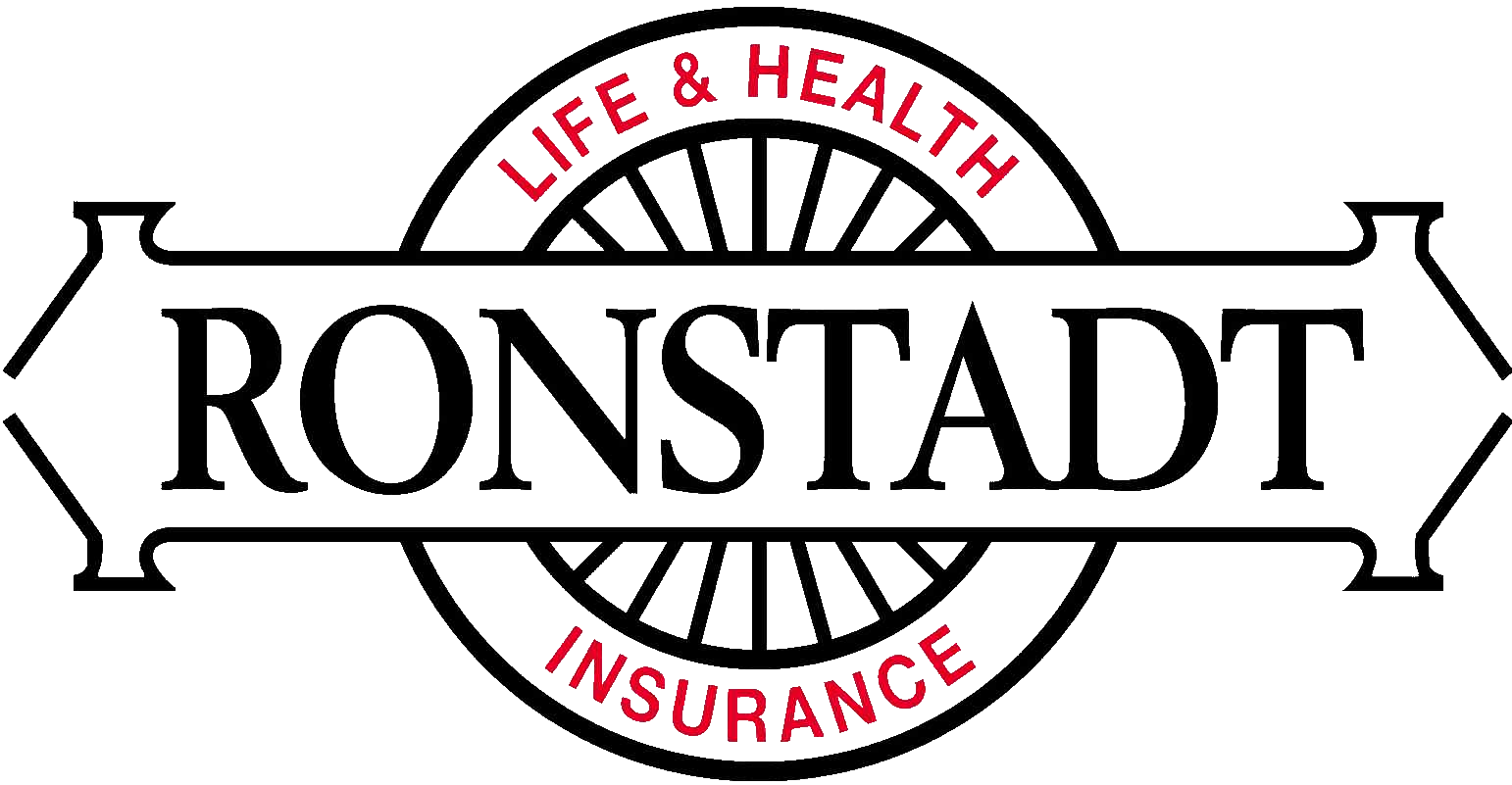20 Ways to Stop Allergies
 It’s like a scene from a low-budget horror flick: the trees are blooming, the grass is growing … and runny-nosed zombies are invading the planet! Seasonal allergies are here, but if you’re one of the sniffly multitudes, you may have noticed that the “allergy season” can span most of the year (and that symptoms may flare right before your period).
It’s like a scene from a low-budget horror flick: the trees are blooming, the grass is growing … and runny-nosed zombies are invading the planet! Seasonal allergies are here, but if you’re one of the sniffly multitudes, you may have noticed that the “allergy season” can span most of the year (and that symptoms may flare right before your period).
Here’s your best defense—from least to most invasive, medically speaking. Try the first few and you may not need to hit the pharmacy at all.
1) Tree pollens, grasses and weeds — Your symptoms surfaced as early as February, when trees started blooming. Right now, it’s grasses that are making you miserable (they will through late summer). Weeds will keep you wheezing through fall. To police pollen, Click on the National Allergy Bureau’s website for a daily ranking of allergens, including seasonal tree pollens, grasses, weeds, and outdoor molds. Stay indoors when levels are high or very high for those that you’re sensitive to.
2) Wear a mask — If you must finish that gardening before the in-laws show up, don a not-so-chic but très useful N95 filter mask ($25 for 20), which keeps pollen out of your nose and mouth.
3) Wash your hair at night — Rinse the pollen out, especially if you’re a gel or mousse fan. These products can trap pollen.
4) Soak up the calm — In one study, seasonal allergy (hay fever) sufferers had a more extreme reaction the day after performing a stressful task, such as giving a speech. “Stress raises levels of the hormone cortisol,” says Clifford Bassett, MD, an allergist at New York University Medical Center, and that often leads to an amped-up allergic response. A few minutes of meditation or a soak in the tub should help.
5) Keep your nose clean — “Your nose is like a car windshield—pollen sticks to it,” says Neil Kao, MD, an allergist at the Allergic Disease and Asthma Center, in Greenville, S.C. Try a saline sinus rinse, found at any drugstore. If that doesn’t do it, buy the nonprescription herbal nasal spray NasalCrom (cromolyn sodium), which helps prevent allergic reactions in your nose.
To continue this article Click Here.
— By Hallie Levine Sklar and the Good People at Health.com

















